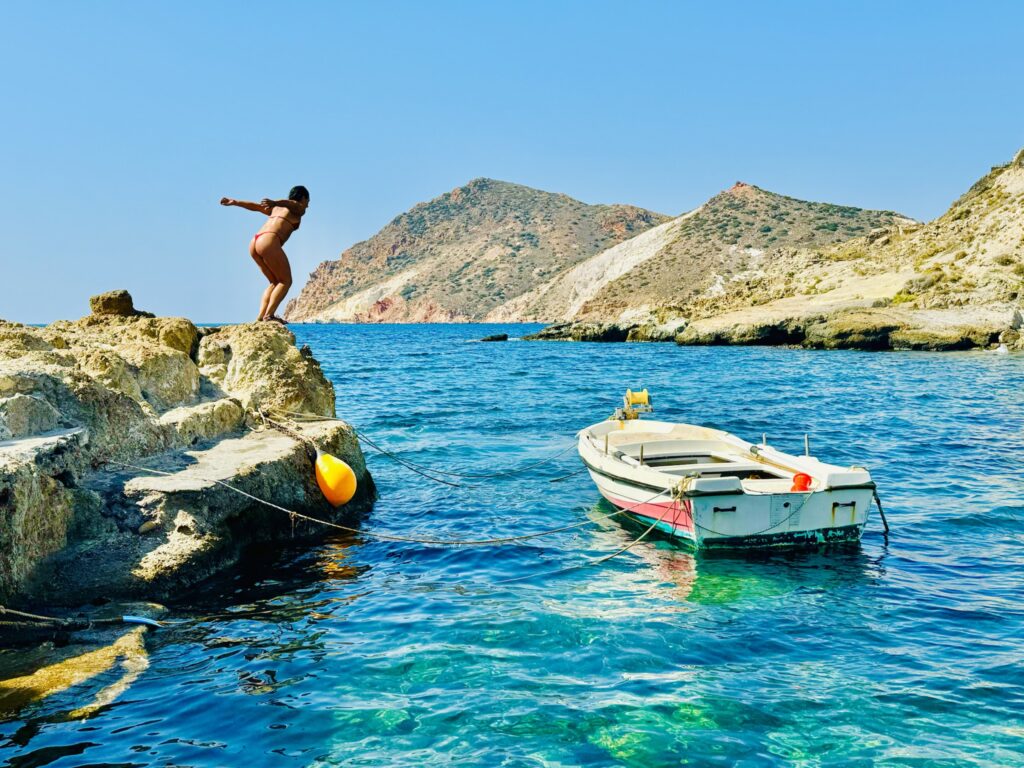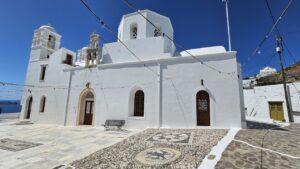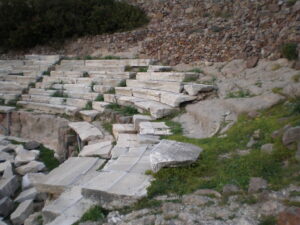
Milos Island Local Products: Discover the Authentic Flavors of the Aegean
When visiting Milos Island, one of the best ways to connect with its culture is through its local products and
Milos, a gem in the Cyclades archipelago, is renowned as the discovery site of the iconic Venus de Milo statue—now housed in the Louvre Museum in Paris. But beyond its archaeological fame, Milos has recently emerged as a top destination for travelers seeking unspoiled natural beauty, crystal-clear beaches, and unique volcanic landscapes.
Often called the “Island of Colors”, Milos captivates with its dramatic coastlines, multicolored rock formations, and waters that range from deep sapphire to radiant turquoise—thanks to its volcanic origin.
Located at the westernmost edge of the Cyclades, Milos offers a tranquil and authentic Greek island experience. Home to approximately 6,000 residents, the island is dotted with charming villages like Adamas, Plaka, and Tripití, each offering its own cultural and culinary delights.
Shaped like a horseshoe, Milos surrounds a stunning natural gulf, one of the largest in the Mediterranean. The island spans 151 km² and features over 120 km of coastline, boasting more than 70 unique beaches, from moon-like Sarakiniko to the secluded coves of Kleftiko and Firiplaka.


When visiting Milos Island, one of the best ways to connect with its culture is through its local products and

Milos Island isn’t just known for its otherworldly beaches and rich history — it’s also a culinary destination that delights

Milos Island, known for its dramatic landscapes and crystalline beaches, also offers a rich spiritual heritage. Scattered across the island

Explore the Rich Culture of Milos: Top Museums to Visit on the Island While Milos is best known for its

When visiting Milos Island, one of the best ways to connect with its culture is through its local products and

Milos Island is not only a paradise of natural beauty and stunning beaches but also a vibrant center of Cycladic

During the 5th century BC, Milos allied with Sparta during the Peloponnesian War, a decision that led to tragic consequences